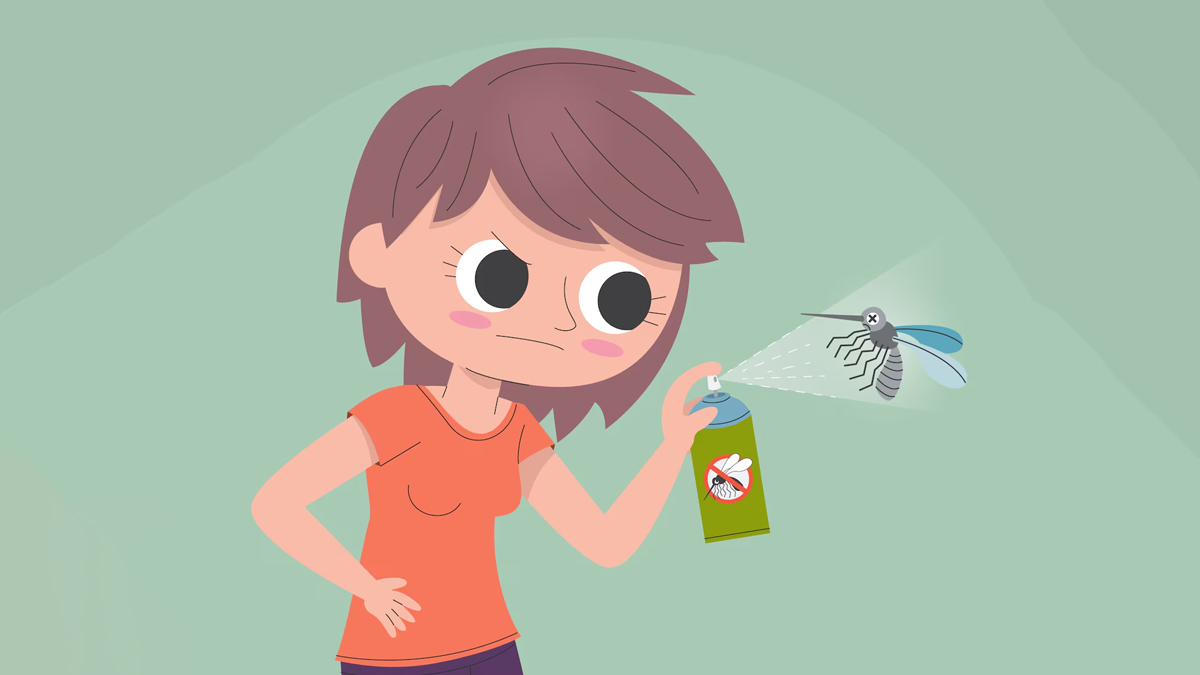-1753268160163.webp)
The World Health Organization (WHO) has sent a stern warning to the countries around the world that if popper preventive measures are not put in place, chikungunya, a mosquito borne disease that affected nearly five lakh people a couple of decades ago could resurface as a major global pandemic, similar to COVID-19. The global body said that the new infections whose origins primarily seem to be around the Indian ocean are spreading to the parts of Europe, Africa and Southeast Asia raising concerns about a similar outbreak as was seen back in 2004 and 2005, when it affected nearly 5 lakh people around the globe.
Table of Content:-
Chikungunya Spreads Again
Chikungunya is a viral disease that spreads to humans through the bite of infected mosquitoes. It causes fever and severe joint pain, often along with headache, muscle pain, and rash. Although it is rarely fatal, the joint pain can be severe and last for months or even years in some cases.
Lately, chikungunya has been in the news again after nearly 2 decades of not much relevance. The current wave started in early 2025 after significant outbreaks were reported in and around the areas surrounding the Indian Ocean like La Reunion, Mayotte, and Mauritius. Already, one-third of La Reunion’s population has been infected. The virus has spread to Madagascar, Somalia, Kenya, and parts of Southeast Asia, including India. According to the media reports there have also been worrying signs of local transmission in Europe, especially in southern France and Italy.
According to WHO experts, diagnosing chikungunya can be difficult because its symptoms can be mistaken for those of other viruses, such as dengue and zika. Moreover, this virus can quickly infect up to three-quarters of the population in places with low immunity. Since there is currently no treatment for this virus, prevention is the only option.
Also Read: Alarming Zika Mutation Detected In Pune: NIV Scientists Raise Concern Over 2024 Strain
-1753268468461.jpg)
History of Chikungunya
The word means "bent over in pain" and is derived from the Makonde language of Africa.
The virus was first isolated in Thailand in 1958, and the disease was first reported in Tanzania in 1952. It is impossible for chikungunya to spread from one person to another. Mosquitoes (Aedes aegypti and Aedes albopictus) are the virus's vector, or mode of transportation. According to the evidence currently available, a chikungunya virus infection results in lifelong immunity. Because antibodies guard against viral infection in the future, the disease can only be contracted once. In 98% of outpatient cases, the treatment is symptomatic meaning that the doctor could medicate the patient on the basis of the symptoms they exhibit because there is no treatment that treats the disease itself.
Symptoms And Prevention Of Chikungunya
According to the Centers for Disease Control and Prevention (CDC), following are the symptoms and preventive measures for Chikungunya:
Symptoms
A chikungunya virus infection causes joint pain after two to ten days of incubation. This pain is usually very incapacitating and primarily affects the wrists, fingers, ankles, feet, and knees, with the hips and shoulders being affected less frequently. Joint pain frequently coexists with headache, fever, excruciating muscle pain, a rash on the limbs and torso, conjunctivitis, and inflammation of one or more cervical lymph nodes. There have also been reports of nosebleeds and bleeding gums. Severe neurological symptoms, such as peripheral neuropathy and meningoencephalitis, can occasionally appear. These primarily affect newborns who were infected in utero at the same time as their mothers, as well as elderly or immunocompromised (with weaker immunity) individuals.
Also Read: Mosquito Habitats Around the World: How Local Environments Affect Disease Transmission

Prevention
- Use insect repellents
- Put on trousers and shirts with long sleeves
- Apply 0.5% permethrin to clothing and equipment.
- Select accommodations with air conditioning or screens on windows and doors
- If you plan to sleep outside, use a mosquito net
- Travellers visiting specific places might be advised to get a chikungunya vaccine.
Also Read: What Is Lumpy Skin Disease? Symptoms, Causes, And Treatment
Bottomline
The world is still reeling from the consequences of Covid19 and another pandemic like situation would be devastating for the world, especially poorer countries. Chikungunya is airborne and spreads very quickly especially in a country like India with most of the population living in such close proximity. There have been no reports of a widespread infection in India yet, however, according to several media reports the ministry of health has asked the state governments to proceed with ‘caution’. On the individual level however, we need to ensure that we are following the preventive measures religiously and need to get tested as soon as we feel any sign of the symptoms.
Also watch this video
Read Next
Atheist Krishna, Meme Creator Appreciated by PM Modi, Passes Away Due to Pneumonia - Report
How we keep this article up to date:
We work with experts and keep a close eye on the latest in health and wellness. Whenever there is a new research or helpful information, we update our articles with accurate and useful advice.
Current Version